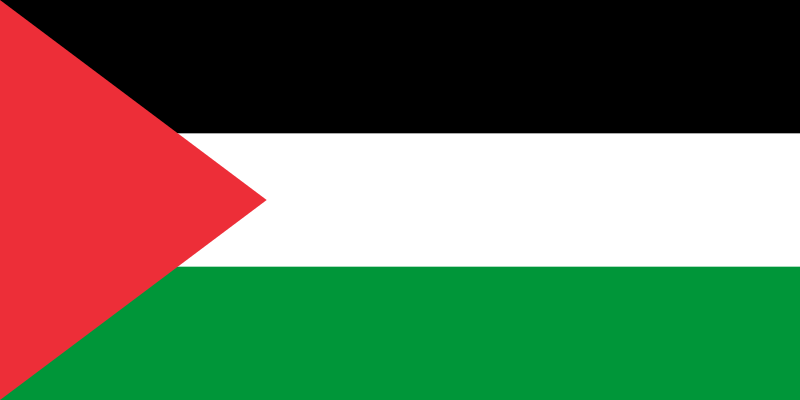Video footage of police using pepper spray on peacefully protesting students at the University of California, Davis, on Nov. 18 has sparked national outrage. But the use of such brutal force against passive protesters isn’t as uncommon as you’d think.
Pepper spray and other severe tactics have recently been used with disturbing frequency by police against Occupy protesters — young or old or pregnant — around the nation (see this Atlantic roundup). But the agent’s misuse goes back much further: in the mid-1990s, the U.S. Department of Justice cited nearly 70 fatalities linked to pepper-spray use, according to an excellent poston the dangers of pepper spray by science writer Deborah Blum on Speakeasy Science.MORE: Pepper Spray Outrage at UC Davis: When Do Police Have the Right to Use ‘Less-Lethal Force’?
Blum notes that in a 1995 report [PDF], the American Civil Liberties Union of California cited 26 deaths between 1993 and 1995 possibly linked to pepper-spray use by police (that’s 1 death for every 600 uses); most deaths involved people who had underlying health problems like asthma. And in 1999, following an incident in which California police officers dipped cotton swabs into pepper spray and then forced them into the eyes of anti-logging protesters, the ACLU asked an appeals court to declare the use of pepper spray to bedangerous and cruel.
PHOTOS: The Prevalence of Pepper Spray
How painful is getting pepper-sprayed? For starters, as Blum points out, police-grade pepper spray gets 5,300,000 Scoville heat units on the Scoville scale of pepper hotness. Compare that to 350,000 Scoville units for the habanero. (Pepper spray — or OC spray, as it’s also known — contains the same compound that makes peppers hot, capsaicin, in a super-concentrated extract called oleoresin capsicum.) More











